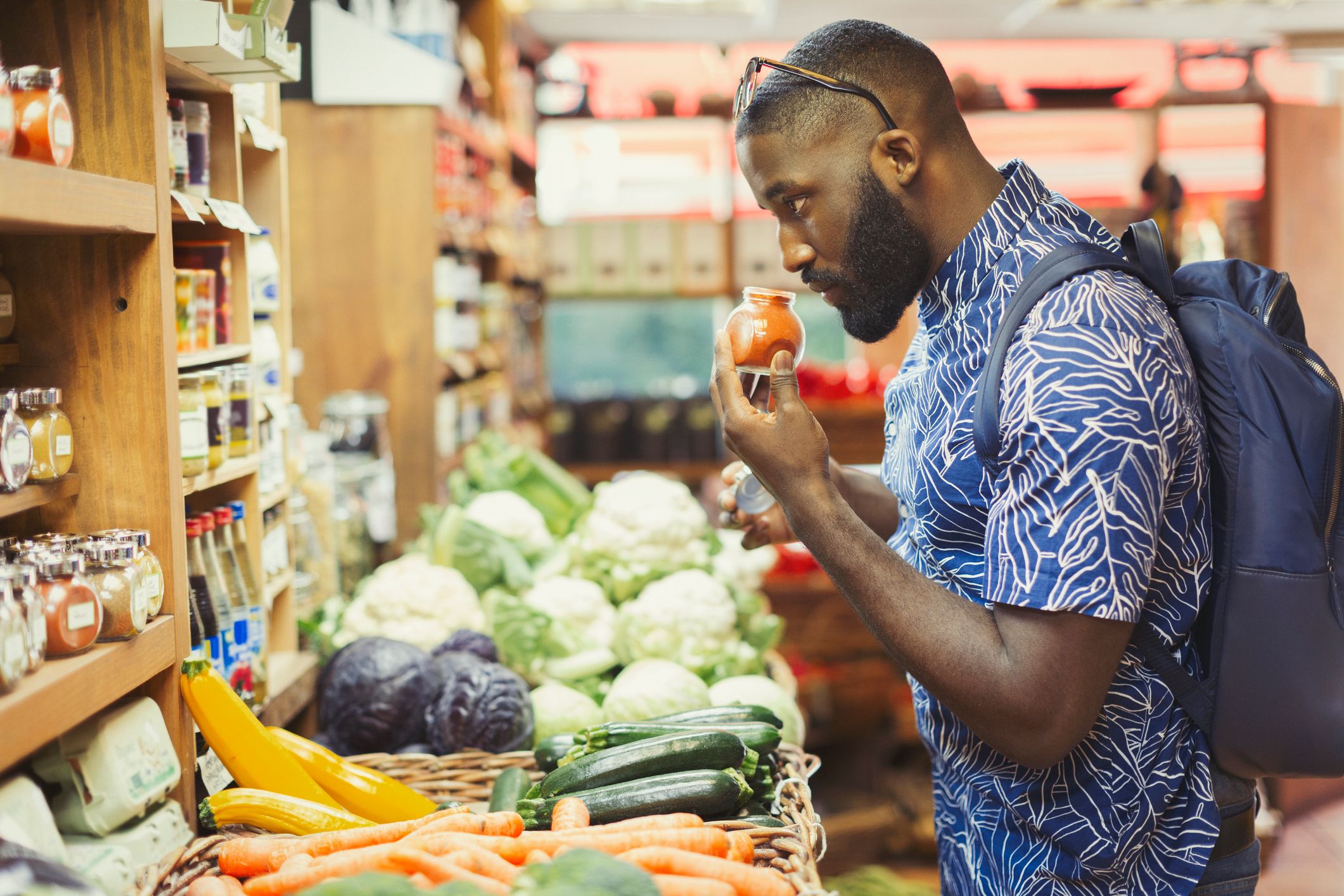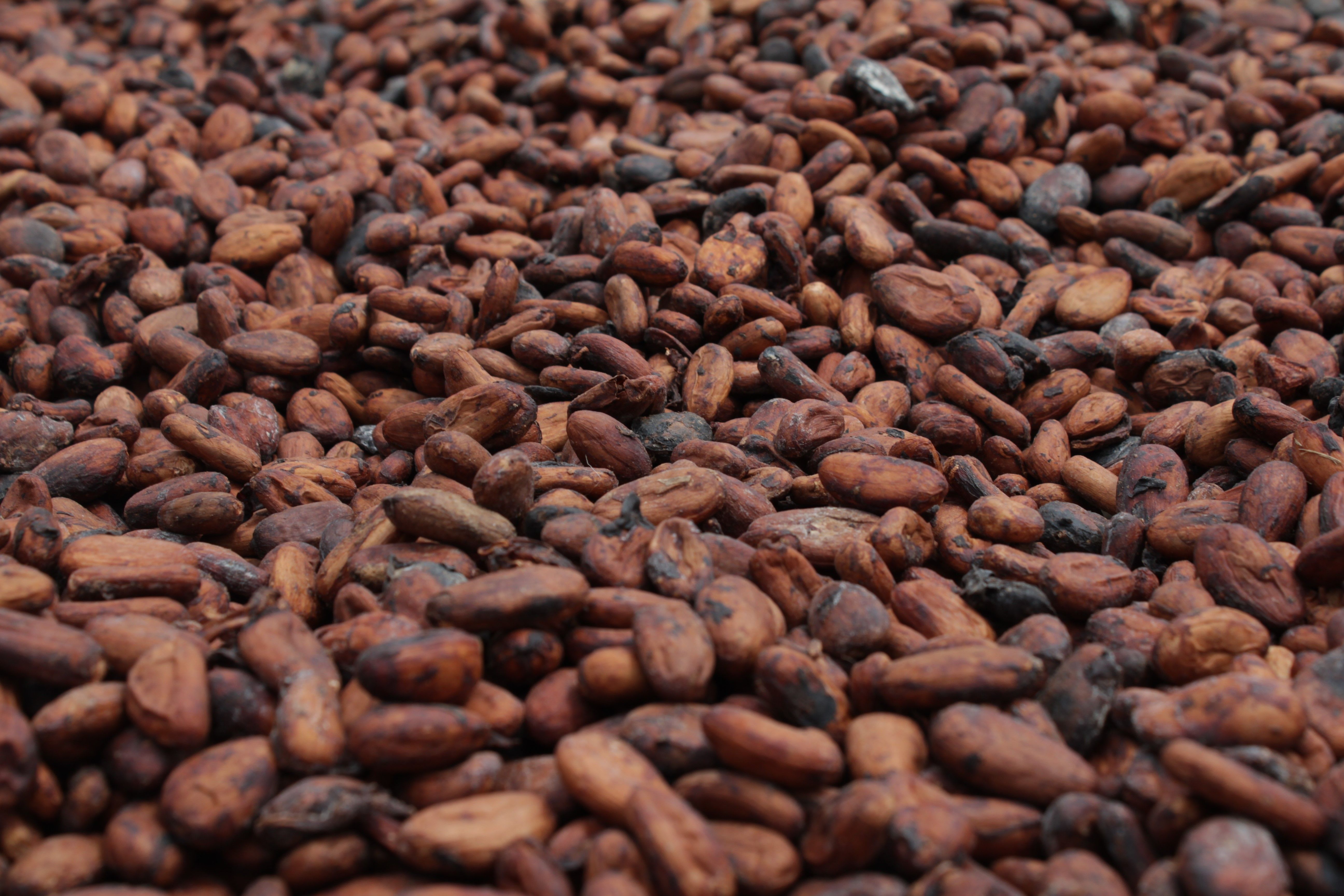Food consumption: what you can do
 ©
Getty Images
©
Getty Images
Decisions on individual purchases are anything but easy – particularly when it comes to food products – and there is often no satisfactory solution. This is partly because numerous different issues (environmental footprint, production conditions, etc.) need to be factored into the decision-making process and weighed up against one another. Whether you consider an organic product from overseas or a conventional product from Switzerland to be better depends partly on whether you attach more importance to the product’s environmental footprint, the local production conditions or other factors.
 ©
Laurent Gillieron/Keystone
©
Laurent Gillieron/Keystone
Political engagement is needed
Individual consumer behaviour is important and thinking about buying in the fairest and most sustainable manner possible does make a difference. That said, alongside individual consumer behaviour, it is crucial for us to engage as a society and as citizens, because the problem does not lie in an individual product (such as cocoa or bananas) but rather the system in which they are produced, namely the global agro-food industry. Global agro-food value chains are dominated by a few companies, whose power far exceeds that of local producers or workers.
Thus, responsibility cannot be placed on consumers alone.
Systemic approaches are needed to address the structural problems along the value chains.
Public Eye advocates political solutions such as the Responsible Business Initiative or the law on public procurement that contains new and more stringent social and environmental provisions. We recommend that you encourage your peers to ask questions about sustainable consumption and that you raise awareness about the issue. Get involved in local sustainability projects in your neighbourhood or town and vote for people and projects that foster social and environmental sustainability in elections.
Tips for individual consumption
We can give you the following advice on how to decide which food products to buy:
Ask critical questions when you go shopping and carefully consider your consumer habits (e.g. reduce your consumption of controversial products, or refrain from purchasing them all together). Decide which elements are important to you and what you want to focus on (ecology, regionality, socially responsible production conditions, etc.).
It is nearly impossible to consume in a 100% sustainable manner in our global and industrialised food system, but there are important ways of adjusting your daily purchasing decisions:
- Choose local, seasonal and products that are minimally processed.
- Choose organic produce as well as small-scale, agroecological products. Avoid products from industrial mass production.
- Consider going to smaller shops as well as providers that source directly from producers, such as ‘world shops’, weekly markets, farmers’ produce, veg boxes, packaging-free shops, shops selling older food at discounted prices, etc. instead of traditional supermarkets.
- In the case of imported produce, choose fair-trade products and check that the item has not been produced in a greenhouse and has not been transported by plane.
- Eat little or no meat, and plan to make seasonal vegetarian and vegan meals.
- Choose unpackaged products or such packaged in re-usable or recyclable material, or alternatively as little packaging as possible.
- Do not buy bottled water – the tap water in Switzerland is very good quality and available without the need for PET bottles or cumbersome bottling and transport processes. This makes it far more environmentally friendly.
- To avoid food waste, always plan your shopping carefully so that you only buy as much as you will need. Food waste exacerbates many other global problems (hunger, climate change, monoculture, etc.).
- Last but not least: do not take on too much at once and do not be disheartened when you cannot always be 100% consistent and have to make compromises. It is more important to take small steps, consistently, and to keep this up while also engaging politically, than it is to shop 100% ‘correctly’ all the time.
 ©
Eva Schmassmann
©
Eva Schmassmann
Food labels
To date, there is no label that guarantees fully socially and environmentally responsible production – neither for agricultural products such as cocoa, nor for other products such as clothing. It is challenging to provide guarantees for social conditions because it is hard to accurately ascertain the reality of working conditions through short, ad-hoc checks (‘audits’). It is far more important for companies to adapt their long-term business strategy and for them to collaborate closely with local trade unions and NGOs ensure they respect human rights and the environment in their business operations and relationships.
In addition to this, labels usually only apply to a small section of a company’s total range of products. It does not achieve much for a company to offer a small selection of products with higher social and environmental standards while producing most products in a conventional manner. It is only possible to be truly sustainable if companies engage to produce all of their products sustainably, and concepts such as living wages, living income and other socially sustainable notions are embedded in their business strategy.
Nevertheless, labels can provide helpful guidance to consumers, as long as they are aware of their limitations, i.e. each scheme only covers individual aspects of the production process, there are big differences in their structure and credibility and there can be heated debate over the true value of such certifications. Regularly, studies are released showing that the prices even certified farmers are paid for their produce are too low to enable them to make ends meet, meaning they hardly lift them out of poverty.
Look into which aspects a label covers and how the compliance mechanisms work.
In our view, independently audited product certifications are more credible than companies’ own certifications – companies own schemes or sector standards often set unambitious goals, controls are not effective and there are rarely provisions for sanctions.
The VOICE network, a group of civil society organisation advocating for better working conditions in cocoa, recognises some improvements achieved through certification. However, they are not sufficient and do not make the production of cocoa socially and ecologically sustainable, neither can they eliminate child labour, nor guarantee a living income (see VOICE paper on certification).
Read our more comprehensive guide to textile labels.

